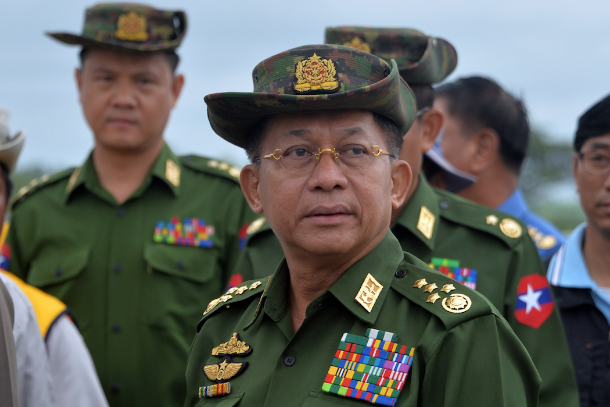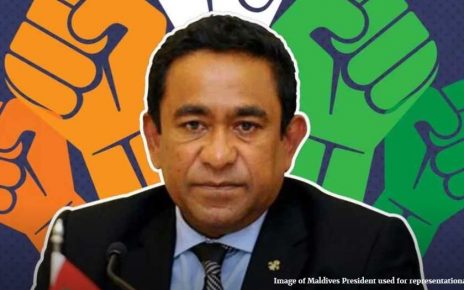New Delhi: The Rights and Risks Analysis Group (RRAG) welcomed the first report of the United Nations Independent Investigative Mechanism for Myanmar being presented today i.e. 9 September 2019 at the 42nd Session of the UN Human Rights Council (UNHRC) in Geneva . The mechanism was established pursuant to resolution no. 39/2 on 27 September 2018 by the UN Human Rights Council with “the mandate to collect, consolidate, preserve and analyse evidence of the most serious international crimes and violations of international law committed in Myanmar since 2011, and to prepare files in order to facilitate and expedite fair and independent criminal proceedings”.
As per the first report, the Independent Investigative Mechanism for Myanmar headed by Nicholas Koumjian of the United States is presently selecting cases for investigation “in order to secure the greatest effect on achieving accountability for serious international crimes, providing the victims of such crimes with the best prospects of justice, contributing through its work to deterrence of further crimes, and seeking to ensure that all the peoples of Myanmar can live safely in their own home communities.”
Though the Independent Investigative Mechanism for Myanmar “has no power to issue arrest warrants, conduct trials or impose punishments on its own”, it has “the mandate to share relevant information, documentation and evidence with competent investigative, prosecutorial and judicial authorities in order to facilitate and expedite fair and independent criminal proceedings.”
“The UN Investigative Mechanism has been having some resonance at national level, with the office of Commander-in-Chief of Myanmar Army, Mr Min Aung Hlaing issuing a statement on 31 August 2019 that it had initiated court martial proceedings after soldiers had been found to have shown “weakness in following instructions in some incidents” at a village said to have been a massacre site of the Rohingyas. But these measures appear to be cosmetic to thwart establishment of international war crimes tribunal on Myanmar and accountability for the crimes committed against the Rohingyas remains a far cry.” – stated Mr Suhas Chakma, Director of the Rights and Risks Analysis Group.
On 16 July 2019, the United States barred entry of the commander-in-chief of the Burmese military, Min Aung Hlaing; the deputy commander-in-chief, Soe Win; and commanders of the 33rd and 99th Light Infantry Divisions, Than Oo and Aung Aung, and their immediate family members” into the United States “for their involvement in gross violations of human rights, including extrajudicial killings, against Rohingya, particularly from August through September 2017”.
According to the UNHCR, over 742,000 Rohingya refugees have fled to Bangladesh due to persecution by the Myanmar security forces and local militia since 25 August 2017. In September 2017, Zeid Ra’ad Al Hussein, then United Nations High Commissioner for Human Rights termed the attacks on the Rohingyas as “a textbook example of ethnic cleansing”.
Even after two years of expulsion, the Rohingya refugees have not been able to return to their homes and Bangladesh has accused Myanmar of non-cooperation. Recently, the UN Secretary General Antonio Guterres expressed deep concern over the delay in repatriation of the Rohingya refugees.
Regarding the repatriation of the Rohingya refugees, the Independent Investigative Mechanism for Myanmar in its first report also stated, “The voluntary and sustainable return of refugees to their home communities in Myanmar is likely to be dependent, to an important extent, on a process of accountability for those most responsible for the crimes that uprooted them from their homes”.
The Independent Investigative Mechanism for Myanmar while calling for the cooperation of the States in the region and the international community warned that “Continued impunity for such crimes is only likely to lead to further violence and suffering, and accompanying risks to peace and security in the region and beyond.”
“India must call upon the Government of Myanmar to establish accountability and ensure repatriation of the Rohingya refugees for regional stability, security and peace. Unless Myanmar establishes accountability and ensures repatriation of the Rohingya refugees, the Rohingyas shall continue to flee including to India.” – further stated Mr Chakma.



